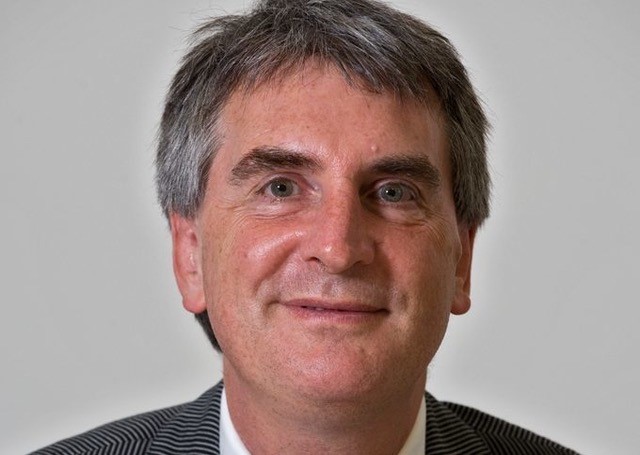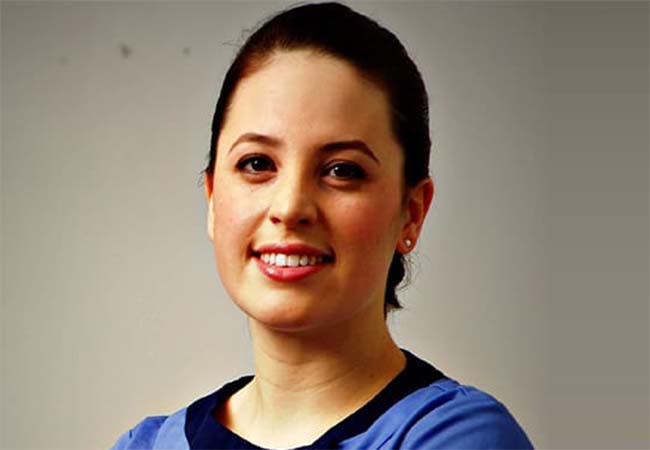Central Committee for Hospital Dental Services
The Central Committee for Hospital Dental Services (CCHDS) represents the interests and acts on behalf of dentists working in hospitals across the UK, including consultants, Speciality and Associate Specialists (SAS) grade dentists and dentists in training.
The CCHDS considers and decides on policy stances including negotiating pay and contracts, and terms and conditions. It also works closely with the British Medical Association (BMA), which negotiates hospital contracts. The Committee has an Executive Sub-Committee, which consists of the Chair, Vice Chair and one elected representative each from Consultant, SAS, and Trainee members. The Committee fulfils the role of the Hospital Group, and therefore there is a position of Treasurer of the Group on the Executive.
Our priorities
- Advising on all matters relating to the provision, maintenance, and enhancement of an efficient, effective, and sufficiently remunerated hospital dental service
- Encouraging future dental professionals into a long and rewarding career in hospital dentistry
- Committing, alongside the BMA, to pay restoration for trainee and consultant hospital dentists including balloting members in response to the Government’s failure to respond to calls for sufficient pay uplifts
- Providing career resources, such as organising the Annual Hospital Dental Services Study Day and Hospital Dental Service careers webinars and contributing to the annual Student’s Career Guide.
Our team
Peter Dyer

Natalie Bradley

Pete Brotherton
Other Committee Members:

Get involved and get in touch
The CCHDS is supported by Stuart Abrahams, Senior Policy Adviser for Employed Dentists, who can be contacted via email: [email protected], and Eleanor Day, Committee Secretary who can be contacted via email: [email protected].
Queries specifically related to industrial action can be directed to [email protected]
Developing your skills
Have a look at our range of advice videos, including experiences from different careers and fields of dentistry, and tips for furthering your career.
